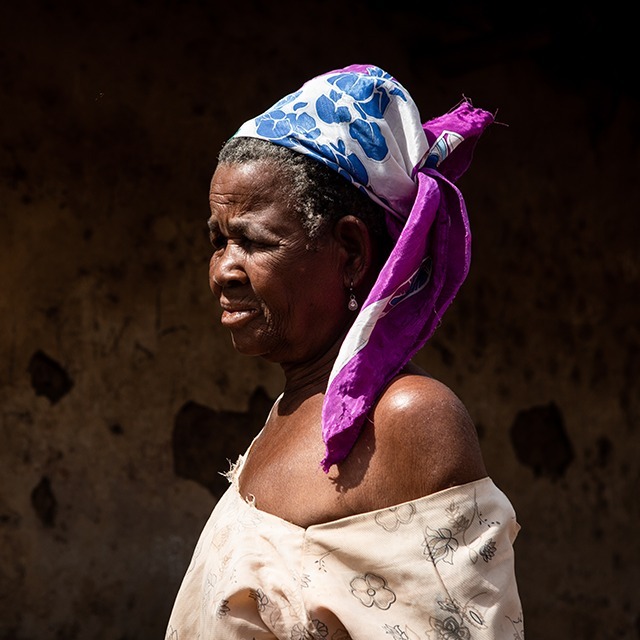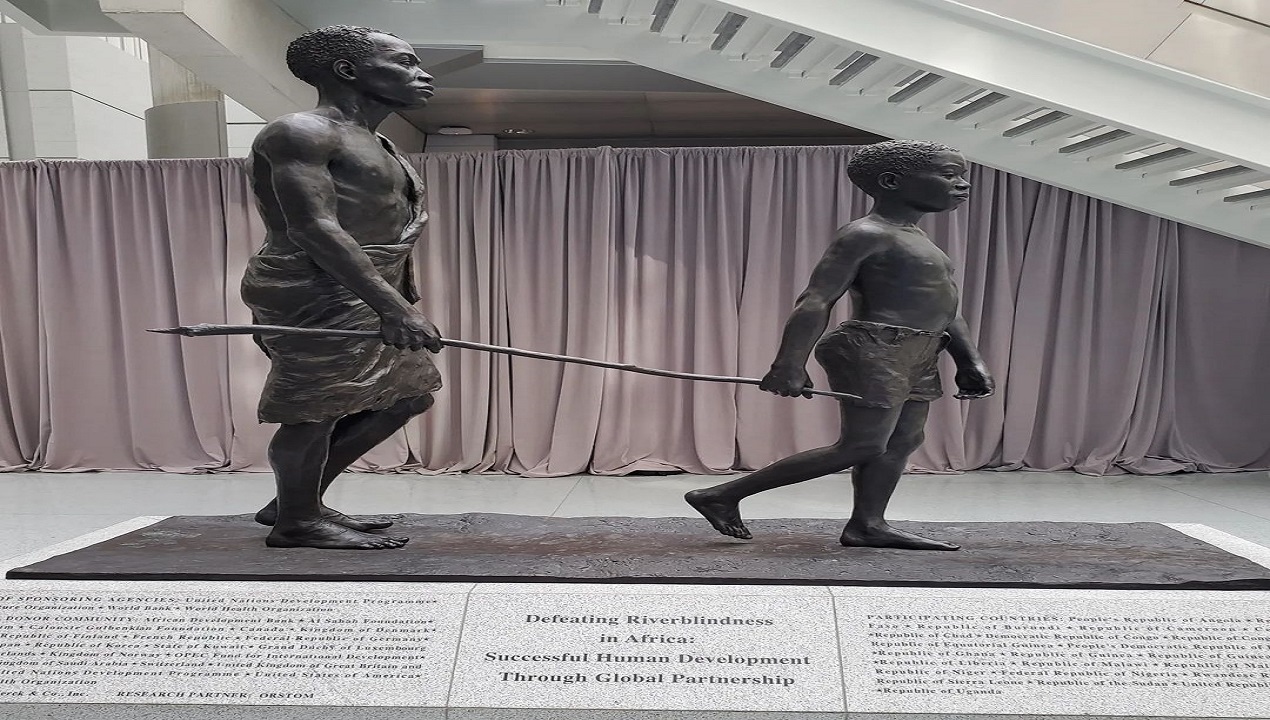Whether you are new to the idea of river blindness or you have been suffering from it for years, you might wonder what it is and how it’s treated. Read on to learn what you need to know.
What is river blindness?
Approximately 18 million people worldwide suffer from river blindness or Onchocerca volvulus. This parasitic worm is transmitted to humans by black flies that live along the banks of fast-flowing rivers. The parasite causes extensive damage to the eye and eventually leads to blindness.
A large number of blackfly bites is required for people to contract onchocerciasis. The parasite then migrates into the body. It lives in the body for up to ten years and eventually causes blindness.
The most common treatment for river blindness is ivermectin, which is a type of drug that is used to treat other parasitic infections. Ivermectin is given orally every three to six months. It works by killing the adult worms and the larvae, which are the youngest worms.
The treatment for river blindness is also important in preventing future infections. The goal is to eliminate the disease. The WHO hopes that this goal will be met by 2030.
In addition to medication, eradicating the flies that carry the worm is also a key component of treatment. This is known as vector control. In some cases, the worms can cause permanent damage to the skin and eyes, which can affect mental health and sleep.
Diagnosis of river blindness
Approximately 100 million people are at risk of river blindness. It has a devastating impact on livelihoods and village economies. The disease is caused by infection with filarial worms. The most severe cases can lead to blindness.
The disease is spread by infected black flies. They breed in rivers and in remote villages. The black fly ingests the worm and passes it on through its bite. Symptoms include itching and skin lesions.
Mectizan, a drug derived from ivermectin, is a promising treatment for the disease. The drug targets microfilariae, which migrate to the blood and lymph and are then released into the bloodstream. However, the drug is not effective against adult worms. It can be used for mass drug administration programs, but not for long-term treatment.
There are other treatments for river blindness. One of them is the alum vaccine, which can prevent the disease in humans. It was developed to target the early larval stages of the worm. It has been tested in a study in Imo state, Nigeria.
There are several risk factors for getting the disease. These include living in rural areas near rivers, where the flies breed, being exposed to dirt or debris and having poor eye health. Some of the symptoms include skin rashes, itching, depigmentation, and diminished vision.
What is river blindness caused by?
Originally known as river blindness, onchocerciasis is caused by a parasitic worm called Onchocerca volvulus. It is transmitted through bites by black flies. As the worm matures, it causes permanent damage to the eyes and skin, resulting in visual impairment. This disease is mainly found in sub-Saharan Africa and Yemen.
People who live near rapid-flowing streams are more likely to get onchocerciasis. If they travel to at-risk areas for less than three months, there is a low chance that they will contract the disease. Nevertheless, travelers to tropical areas should take the necessary precautions to lower their risk of contracting the disease.
The parasite causes inflammation of the eye tissue, which leads to severe itching and blindness. The disease is usually treated with antibiotics.
The most common antibiotics used to treat river blindness are ivermectin and doxycycline. Ivermectin is a type of antibiotic that kills adult worms and their larvae. Doxycycline is a type of antibiotic that sterilizes adult female worms.
The World Health Organization (WHO) has designated river blindness as a neglected tropical disease (NTD). It is a priority for the global health community. The WHO has set a goal to eradicate onchocerciasis from twelve countries by 2030.

Does ivermectin reverse river blindness?
Currently, there are over 18 million people suffering from river blindness worldwide. This is an infectious disease caused by the parasite Onchocerca volvulus, which can cause depigmented skin and blindness. There are several strains of river blindness. Some of them cause blindness and severe skin disease.
Ivermectin is an effective, safe, and inexpensive antiparasitic agent that works against microfilariae, the larvae of the worm that causes river blindness. It has been used to treat millions of people suffering from this disease.
Ivermectin is a highly microfilaricidal drug that prevents the spread of the worm through the community. It also reduces the number of microfilarial larvae in the body. If you want to Buy Ivermectin at a low cost, Buy Pharma MD is the best option for you. It’s a well-known pharmacy.
symptoms of river blindness
Symptoms of river blindness include itching, discoloration, bumps, and nodules under the skin. This disease is caused by the parasitic worm Onchocerca volvulus, which is transmitted to people through the bite of black flies. In the most severe cases, the symptoms can result in blindness.
It is a vexing disease that plagues communities in Africa and Latin America. Several million people have been infected with river blindness. It is estimated that about ten percent of West African villagers are blind from the infection. It is a disease that can significantly reduce life expectancy by four to 10 years.
Symptoms of river blindness vary from person to person. It can affect the eyes, the skin, and the nerves. Some people are affected by the disease without ever experiencing symptoms. Some have nodules under the skin, while others experience extreme itching.
A skin snip biopsy can diagnose river blindness. The procedure involves taking a skin sample from a patient and storing it in a saline solution for 24 hours. The physician will then check the sample for microfilariae. This test is not as helpful in regions where the infection is more widespread.
The World Health Organization recommends taking a drug called Mectizan twice a year to counteract the effects of the parasite. Some people experience a worsening of their symptoms after taking this medication.
what are the precautions during river blindness?
During river blindness, precautions are important to prevent further complications. People who contract the disease may suffer from intense itching, discoloration of their skin, and vision problems. These problems can have a negative impact on their quality of life.
River blindness is a disease that is caused by a parasitic worm, Onchocerca volvulus. The worm is transmitted to humans through the bite of blackflies. These blackflies live in areas with rapidly flowing rivers and in areas that are rich in fertile land.
The worm causes severe itching, swelling, and lesions on the skin. The worm also causes an inflammatory response in the eyes. The inflammatory response damages the eyes, further causing vision problems. In some cases, eye surgery may be needed to restore sight. Ultimately, the disease will lead to blindness.
Onchocerciasis is a common disease in sub-Saharan Africa. The worm causes severe itching, eye lesions, and other skin complications. If left untreated, the disease can lead to severe skin damage and even blindness.





